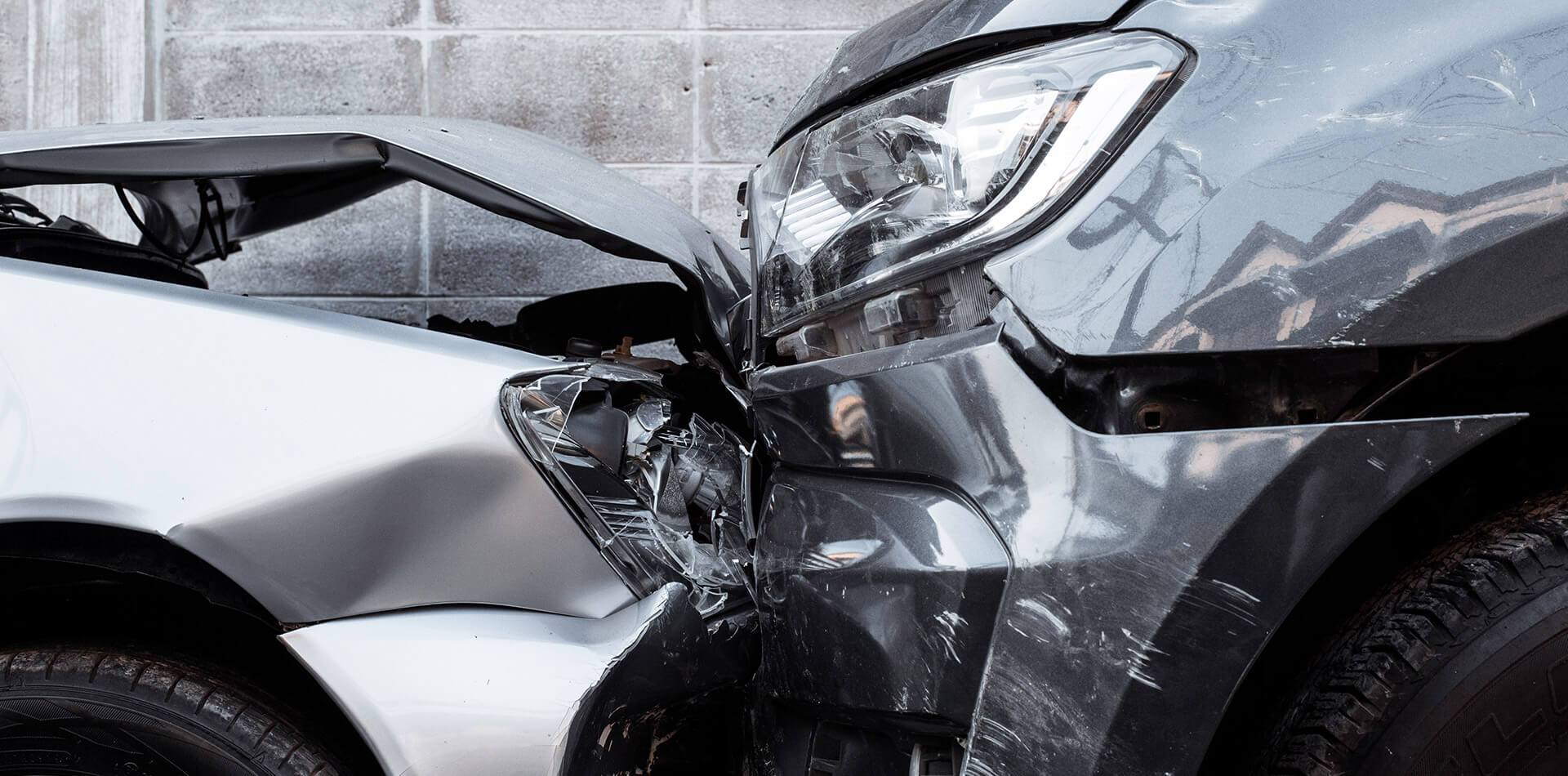After an accident, one of the biggest questions on every car owner’s mind is:
“What is my car worth now?”
Whether you’re dealing with a total loss claim, seeking diminished value compensation, or just trying to understand how insurance companies come up with a payout number, knowing the secrets of auto value estimation can make all the difference.
At The Auto Mediator, we’ve helped thousands of drivers uncover the real value of their vehicles after an accident. Here’s what most people don’t know—but definitely should—about how your car’s value is calculated.
The Foundation of Post-Accident Car Valuation
Car value estimation after a crash isn’t as simple as checking Kelley Blue Book. Insurers use a combination of automated systems, market data, and sometimes questionable comparables to determine what they think your vehicle is worth.
But in reality, a true post-accident valuation should consider:
- Pre-accident market value
- Condition of the vehicle
- Type and extent of damage
- Repair quality
- Local market trends
- Vehicle features, mileage, and trim level
Understanding these elements—and how they can be manipulated—is the first step to defending your payout.
Secret #1: Damage Isn’t the Only Factor
You might think the value drops only because of how bad the accident was. Not true.
A $60,000 luxury car with minor cosmetic damage may lose $10,000 in market value simply because buyers shy away from “accident cars.” Meanwhile, a $10,000 economy car with major damage might only lose $4,000.
In many cases, it’s not the damage—it’s the market perception of that damage.
➡️ Want to see this in action? Read our post on how vehicle market value drives diminished value.
Secret #2: Automated Appraisals Often Miss the Mark
Insurers often rely on software tools to calculate value, using local comparables. But here’s the problem: many of those comps are flawed.
They may include:
- Salvage title vehicles
- Poorly repaired or flood-damaged cars
- High-mileage vehicles with drastically different specs
These comps can drive down the estimated value of your car unfairly. That’s why we always recommend getting an independent appraisal from a professional—someone who understands how to find real, comparable vehicles and eliminate low-quality comps.
➡️ Learn more about what a licensed auto appraiser looks for.
Secret #3: Documentation Can Swing Your Case
When it comes to fighting back against a lowball offer, proof is power.
A good appraiser will:
- Provide a detailed valuation narrative
- Show photos of your car’s condition
- Include listings of comparable vehicles
- Back up every number with hard data
At The Auto Mediator, our reports are built not just for internal review, but to hold up in negotiations, arbitration, and court. We’ve helped recover over $30 million in underpaid claims using this exact approach.
➡️ Discover how expert testimony strengthens your case.
Secret #4: Diminished Value Is Often Overlooked
Even if your car was fully repaired, its accident history now follows it forever. That drop in resale value is called diminished value, and you have the right to claim it, especially if you weren’t at fault.
Sadly, insurers won’t bring it up unless you do.
We specialize in diminished value appraisals that accurately calculate how much your car’s accident history will cost you in real-world dollars.
What You Can Do: Get a Real Appraisal
Here’s what to do if you suspect your insurance company undervalued your vehicle:
- Gather documentation: maintenance records, photos, and repair bills.
- Request their comps: see what they’re basing the value on.
- Hire a licensed appraiser: someone who will provide an independent, unbiased report.
- Challenge the estimate: submit your independent appraisal and negotiate.
Contact The Auto Mediator for a custom valuation report built to defend your claim.
FAQ: Auto Value Estimation After an Accident
How do insurance companies estimate a car’s value after a crash?
They typically use automated tools that factor in your car’s year, make, model, mileage, and comparables. But many times, the comparables are not accurate or equivalent.
Can I dispute a total loss value?
Absolutely. You can hire an independent appraiser and provide a counter valuation to the insurance company.
What is the biggest mistake people make?
Not getting their own appraisal. Insurers are not required to offer you top dollar, and they rarely will unless you push back.
Final Thoughts
Auto value estimation is both an art and a science, but your insurance company may only show you half the picture. Knowing what really goes into a post-accident valuation helps you fight for what your car is actually worth.
Don’t leave money on the table. Get the facts. Get a real appraisal.
Get The Auto Mediator on your side.
